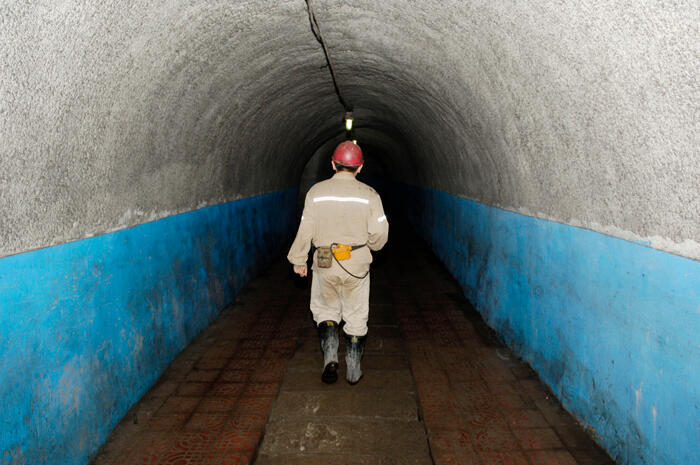The Russian oil boycott has not only shaken the global economy, but also exposes how overdue the world is for a transition to cleaner energy. Three scholars report on impacts of the boycott and emphasize the need for multilateral solutions that don’t repeat the mistakes of the past.

By Michelle Nicholasen
Second in a series of interviews on the impact of the Russian oil boycott on countries around the world.... Read more about The Geopolitics of Energy: China’s Coal Regime